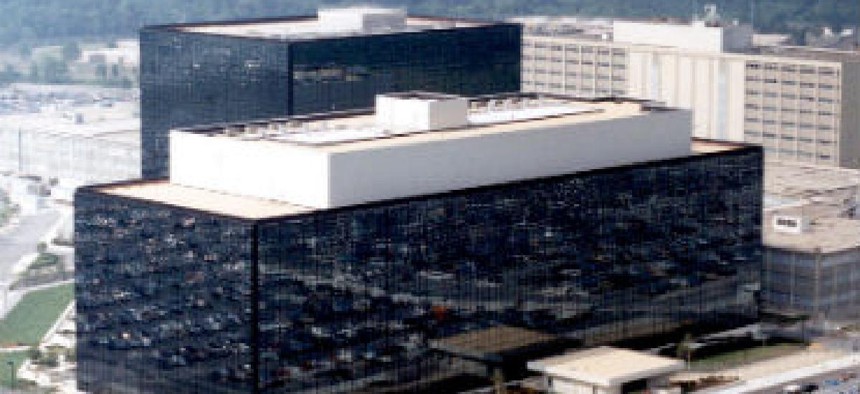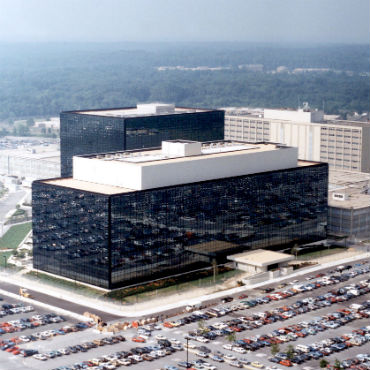NSA's bulk data program is shut down

The National Security Agency is replacing a controversial spying program with a new data collection regime approved under the USA Freedom Act.

The National Security Agency on Nov. 29 stopped collecting bulk telephone data on millions of Americans, ending a controversial program that had riled privacy activists. The transition to a new collection regime "allows national security professionals to retain the capabilities necessary to continue protecting the country," while protecting civil liberties, the Office of the Director of National Intelligence said in a statement.
The shuttering of the metadata collection program was required by the USA Freedom Act, which President Barack Obama signed into law in June. A six-month transition period ensued during which the NSA still collected bulk telephone data -- information such as the length of phone calls, but not their content.
Under the new collection regime, telephone companies will retain the metadata and the government will need legal permission to access it. The government must now base a request for metadata -- which is made under the Foreign Intelligence Surveillance Act -- on a specific search term, such as a suspect terrorist's communication device.
The NSA has requested limited access to historical metadata for the next three months, "solely for the purpose of verifying that the new targeted production mechanism authorized by the USA Freedom Act is working as intended," the ODNI statement said. The Foreign Intelligence Surveillance Court is reviewing that request.
Privacy hawk and surveillance gadfly Sen. Ron Wyden (D-Ore.) hailed the end of the program as "a victory for everyone who believes in protecting both American security and Americans' constitutional rights." Wyden's statement said the metadata program had "needlessly violated the privacy of millions of Americans every day, without making our country any safer."
The NSA telephone metadata program was first divulged in a 2006 USA Today report, and former NSA contractor Edward Snowden's disclosures revealed the program's continuation under the Obama administration. The ceasing of direct collection by the NSA is unlikely to satisfy privacy groups, given the historically close relationship telecom firms like AT&T have reportedly had with intelligence agencies.
NEXT STORY: Supercomputers get help with Fortran


